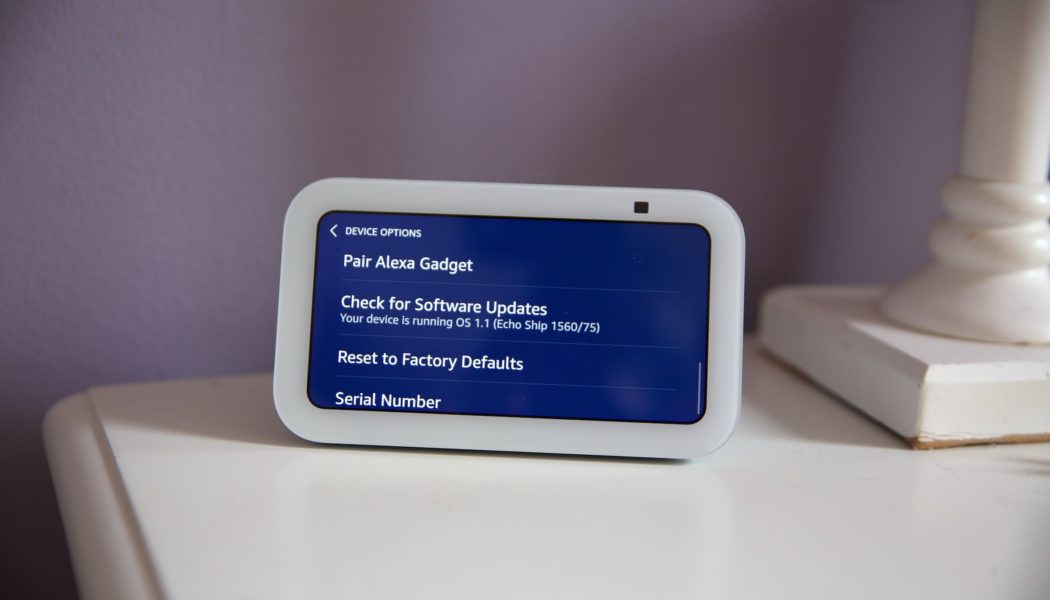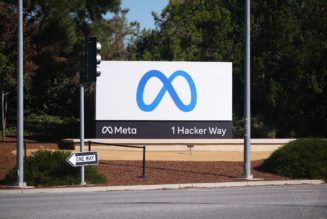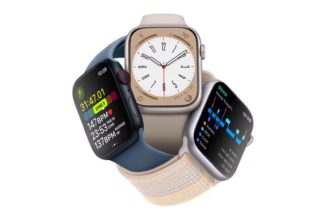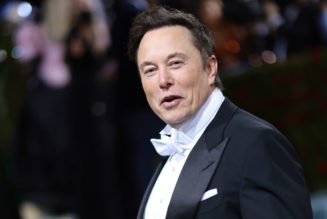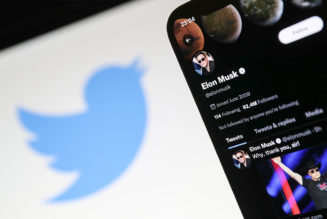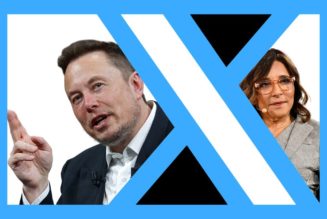The latest Echo Show 5 is running a completely new software platform — even if it looks and feels the same as Fire OS on Amazon’s other devices.
Share this story
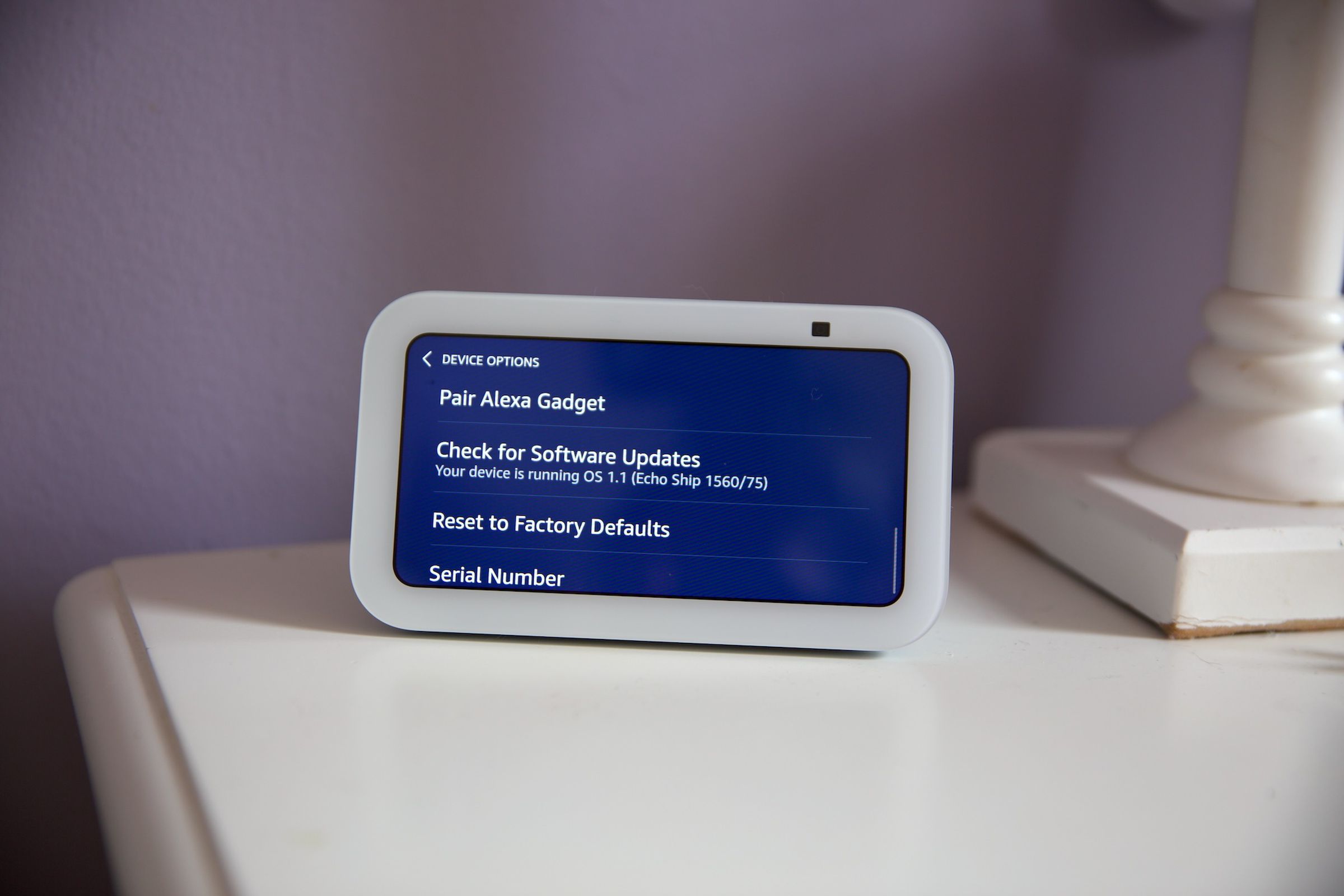
Last week, it was reported that Amazon is quietly developing its own operating system that will replace Android on its Fire TV devices before expanding to other products, including the company’s many smart displays. Janko Roettgers spilled the details in his Lowpass newsletter. The report predicted that Amazon’s software, codenamed Vega, could appear on Fire TV streaming hardware as soon as next year.
But as discovered by Zatz Not Funny!, it turns out this new homegrown OS is already being used on the latest Echo Show 5, which displays its software as “OS 1.1” instead of the expected Fire OS. The low number is an obvious indication that we’re dealing with a brand-new platform; the Echo Show 8, by comparison, currently runs Fire OS 7.5.6.1. In terms of appearance and user experience, the Vega OS looks very similar to the Fire OS that it replaces.
Through his own sources and by scouring Amazon’s job postings, Roettgers pieced together the story of Vega’s development and says the Linux-based OS is in a “fairly advanced” stage. Amazon has reportedly told certain partners about the pending shift away from Android, which has, until now, been the foundation of its forked Fire OS software.
By rolling out its own operating system, Amazon would effectively be starting over, meaning developers of popular streaming apps would have to build new versions specifically for this new platform. But the Fire TV, in particular, has enough popularity to compel developers to play along: back in March, Amazon announced that it had surpassed 200 million devices sold globally.
Having full control over its OS from top to bottom would also help Amazon squeeze even more advertising revenue from Fire TV, its smart displays (whenever that changeover happens), and other products. Further, it’ll allow the company to keep the software current at its own pace; Fire OS and many Android-powered TV streamers are often based on years-old versions of Google’s platform. But Fire TV owners are already voicing concerns about the possibility of Amazon’s custom OS eliminating power user features like sideloading.
At its fall hardware event, Amazon showed its latest Fire TV OS features, including more nuanced, conversational voice search (powered by AI) and a continue watching row that aggregates content from numerous streaming services. The company also rolled out its Ambient Experience to more devices: the mode that can display widgets and other glanceable information when Fire TV streaming products are idle.
